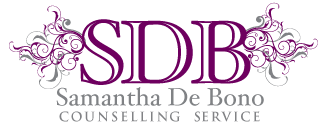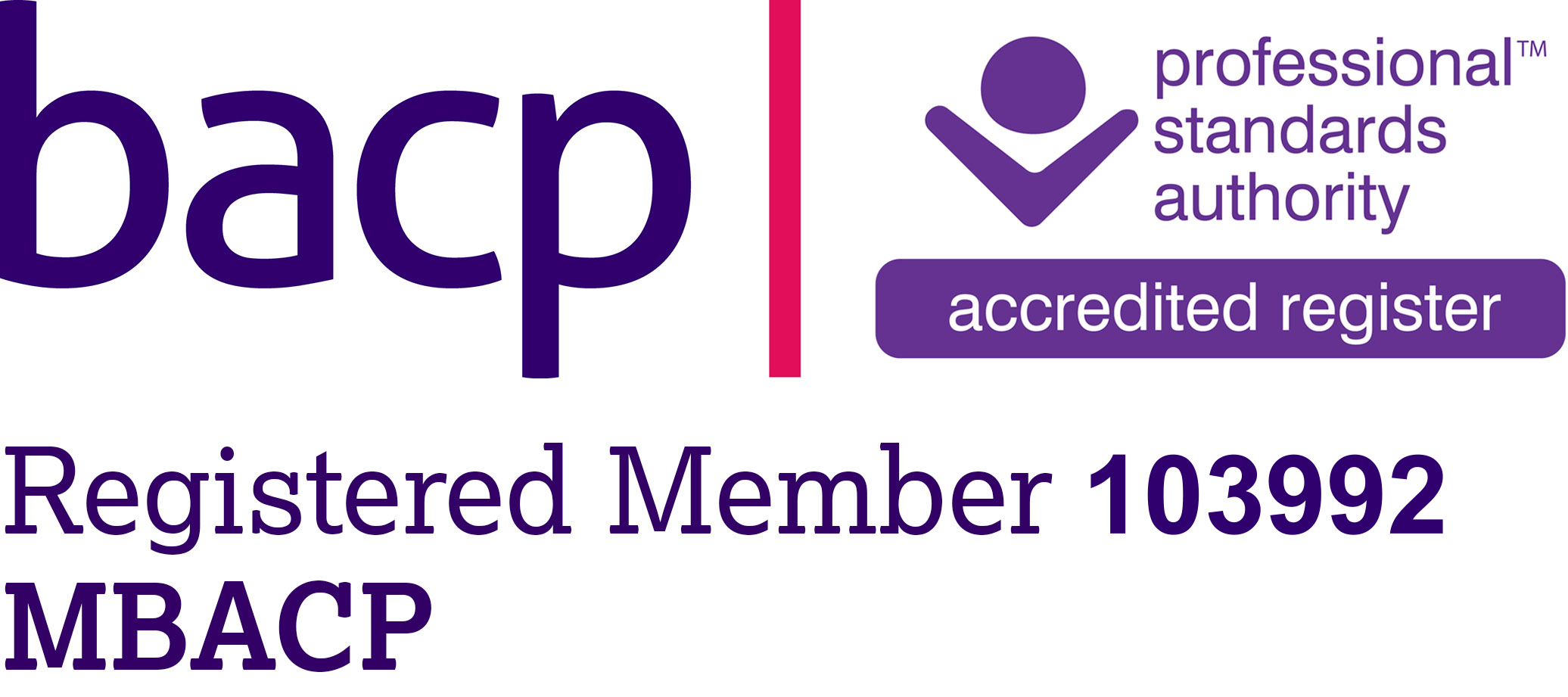What is Addiction?
When a person is addicted to something, they cannot control how they use it, becoming dependent on it to cope with daily life.
It can be a substance dependence (e.g. drug/alcohol addiction) or a behaviour addiction (e.g. gambling addiction) often leading to feelings of guilt, shame, hopelessness, despair, failure, rejection, anxiety and/or humiliation.
Addiction to substances or activities can sometimes lead to serious problems at home, work, school and socially and in many cases, the addict may take their substance alone or in secret causing problems in relationships due to deceptive behaviour, lying and solitude.
How counselling can help:
Addiction is often a symptom of other deep rooted issues, such as:
- Family history (Learned behaviour) – anybody who has a close relative with an addiction problem has a higher risk of eventually having one themselves. Alcoholics are six times more likely than non-alcoholics to have blood relatives who are alcohol dependent.
- Depression – people with depression may drink or use drugs in the hope that it will make them feel better which can make them a higher risk of eventually becoming addicted to drugs, alcohol.
- Peer pressure – trying to conform with other members of a group and gain acceptance can encourage people to take up the use of potentially addictive substances, and eventually become addicted to them. Peer pressure is an especially strong factor for young people.
- Family behaviour – people who have suffered attachment issues to their parents and siblings have a higher risk of becoming addicted to something as a way of finding comfort.
- Loneliness – being alone and feeling lonely can lead to the consumption of substances as a way of copying.
- Stress/anxiety – if a person’s stress levels are high there is a greater chance a substance, such as alcohol may be used in an attempt to blank out the upheaval, calm the nerves or help to relax.
- Childhood Abuse – people who have suffered with trauma in childhood may use substances to block out or help cope with distressing memories or flashbacks.
By exploring the root cause, counselling can help you to understand your addiction and assist with breaking destructive patterns of behaviour.


